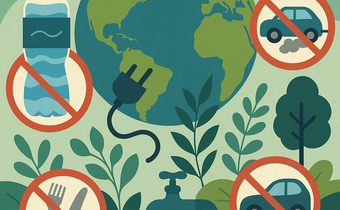5 Least Paying Jobs in Africa in 2025
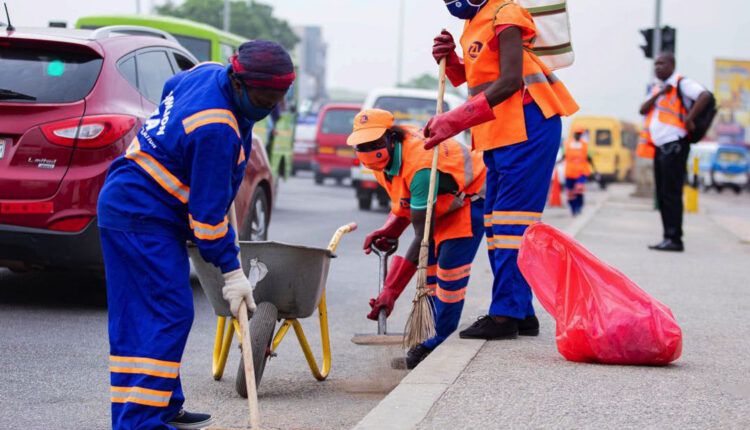
Across Africa, millions of individuals sustain themselves through jobs that, while vital to the everyday functioning of society, offer meagre wages, minimal protections, and limited prospects for upward mobility.
Many of these roles fall within the informal sector, where employment is often unregulated and precarious.
Below is a ranked overview of the five lowest-paying jobs in Africa, based on average monthly income.
ALSO READ: Top 7 highest-paying jobs in Africa in 2025
Communicating about intimacy is very crucial in relationships.
Ghana FA president replies Eddie Nketiah’s u-turn about wanting to play for the Black Stars after years of chasing by the FA. Kurt Okraku says…
1. Agricultural Labourers
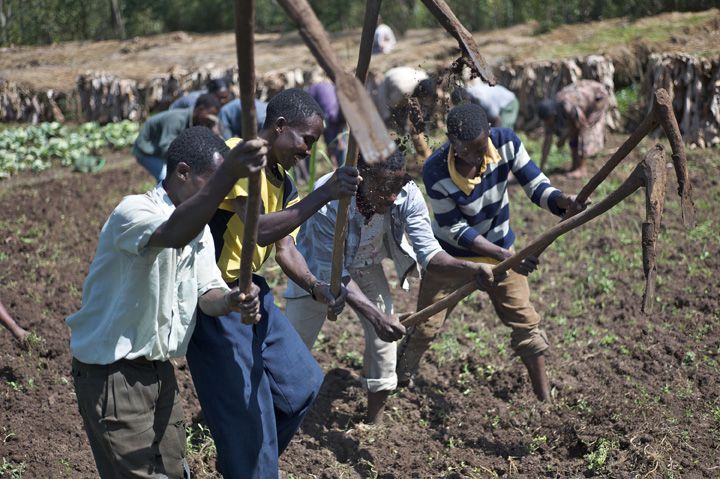
Average Monthly Income: $30–$60
Agricultural workers represent a significant portion of the African labour force, especially in rural areas.
Despite their importance in ensuring food security, most earn below the minimum wage.
Many are engaged as seasonal or subsistence workers, often without formal contracts or access to credit and markets. A typical day’s wage ranges from $1 to $3.
2. Street Vendors and Informal Traders
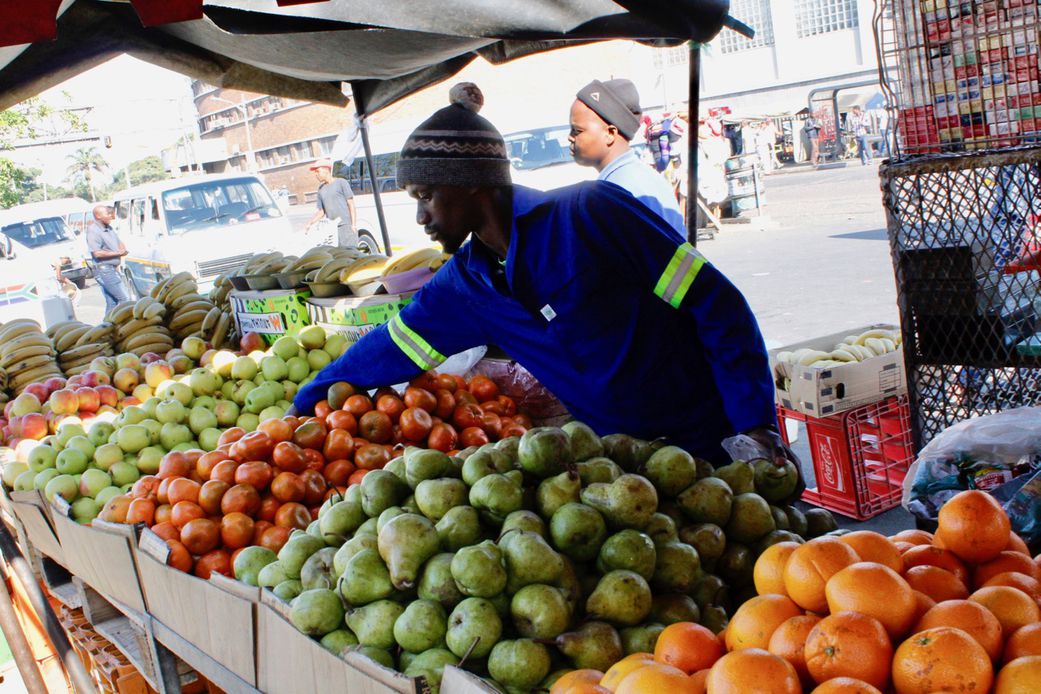
Average Monthly Income: $40–$80
Street vending is a common livelihood across Africa’s cities and towns. These traders sell everything from fruits to mobile accessories, usually without legal permits.
Their income is highly unstable and depends on daily customer flow, with most earning less than national minimum wage levels.
External threats such as police evictions or market demolitions further threaten their meagre earnings.
3. Domestic Workers (Housemaids, Nannies, Gardeners)

Average Monthly Income: $50–$100
Domestic workers serve in households performing essential duties like cleaning, childcare, and cooking. Yet they are among the most poorly paid across the continent.
Many are live-in workers with long hours and little time off. Despite increasing advocacy for formal contracts and labour rights, wages remain low, especially in urban middle-class homes.
4. Casual Construction Workers
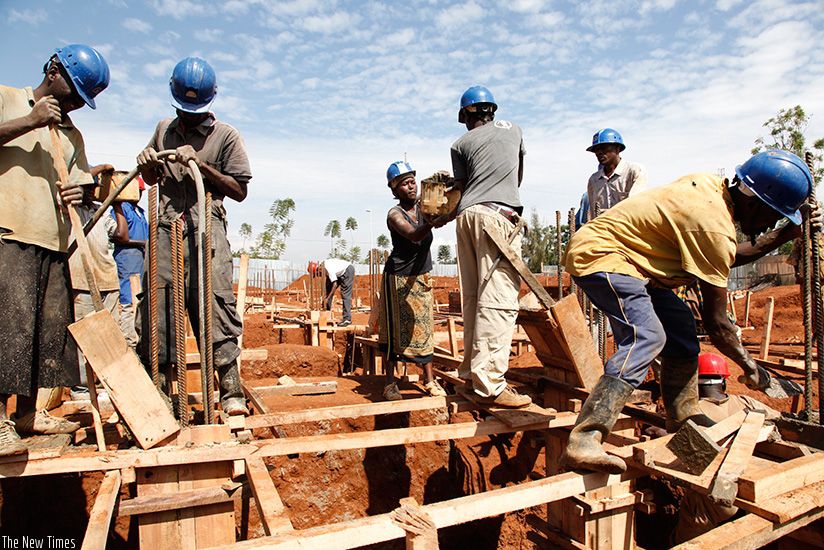
Average Monthly Income: $60–$120
Although construction is one of the fastest-growing sectors in Africa by 2030, casual labourers benefit the least.
These workers are often hired on a day-to-day basis without contracts or health and safety protections.
On average, they earn between $2 and $5 per day. Their physically demanding work often lacks social security or insurance coverage.
5. Cleaners and Sanitation Workers
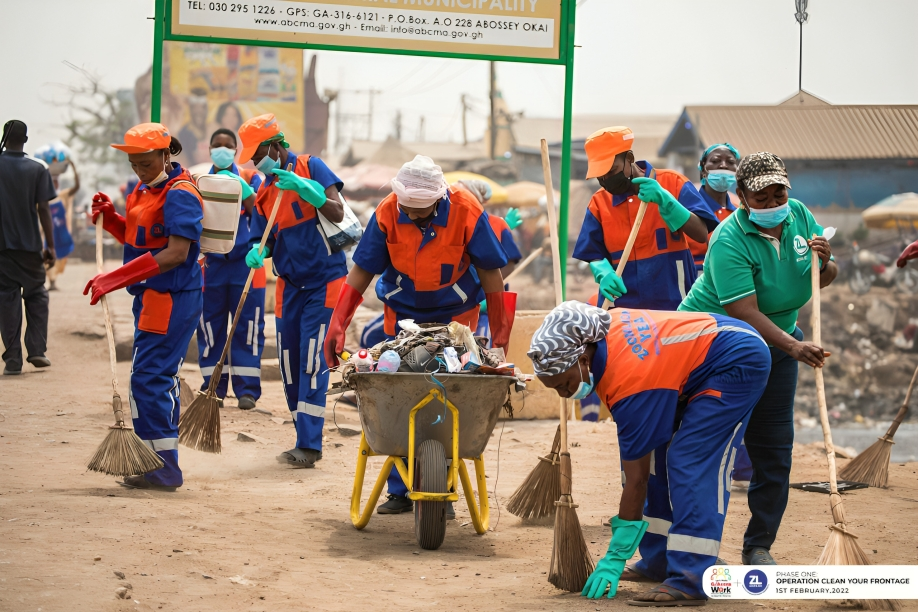
Average Monthly Income: $80–$150 Cleaners in public and private institutions, along with sanitation workers, perform critical roles in health and hygiene.
However, many earn less than a living wage, with little recognition of the hazards involved in their jobs.
They are often outsourced by agencies that offer the bare minimum pay without benefits like paid leave or medical insurance.
ALSO READ: 5 everyday habits you must stop today to protect the environment
Conclusion

The workers in these jobs form the foundation of Africa’s economies, yet they remain some of the most undervalued.
Improving conditions and wages in these sectors is not just an economic necessity, but a moral one.
Formalising informal work, enforcing minimum wage laws, and investing in skills development are key steps toward ensuring decent livelihoods for all.


